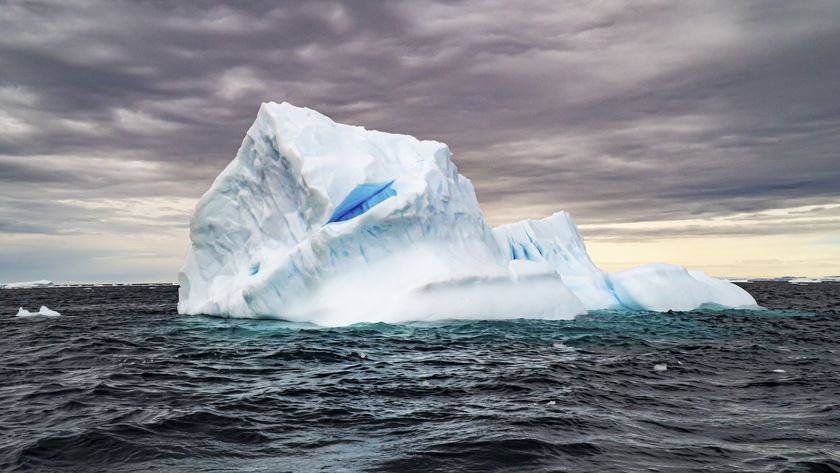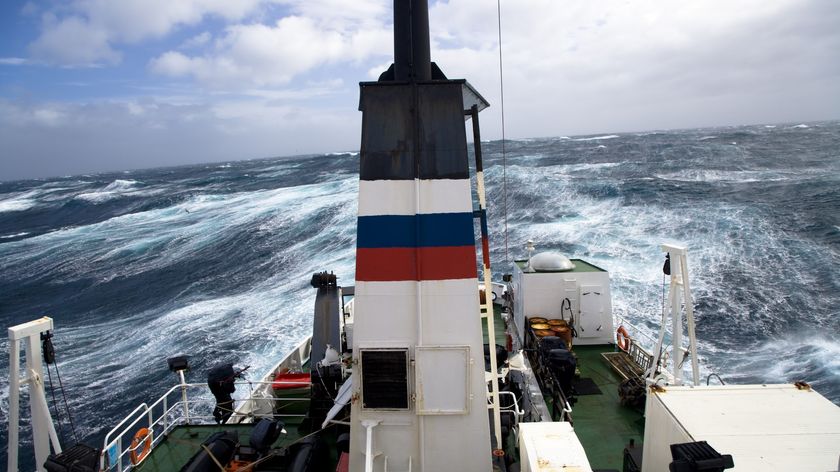'Cheers' Star Calls for Safer Oceans, Fishing

WASHINGTON (AP) — The star of the long-running hit TV show "Cheers'' on Thursday called for better practices to protect the world's oceans from overfishing and mercury contamination. "This is not about saving fish from the goodness of our hearts or taking care of our oceans because we want to be thought of as environmental. It is economic. It is moral, and it is public health,'' Ted Danson, a board member of the advocacy group Oceana, told the National Press Club. Most famous as the bartender Sam Malone on NBC's 1982-93 Emmy-winning sitcom "Cheers,'' Danson founded the American Oceans Campaign in 1987 to bring national attention to ocean environmental issues. The group later merged with Oceana to bring the cause to a global level. Danson also said the issue of overfishing and ocean contamination is competing against global warming for the public's attention. But, he said, both equally deserve the spotlight. "I guess it's really tough to get people to focus on this great big, beautiful, gorgeous ocean,'' said Danson when discussing media coverage of ocean contamination and the public's awareness of the issue. During a question-and-answer session, Danson was asked about the presidential campaign and his role campaigning for Hillary Rodham Clinton. He said he admired the former first lady because she is facing a double standard as the only woman in the presidential race this year. "You know I don't think it will hurt her, it doesn't matter. But there is a double standard,'' he said. "I throw my shoe to the TV a lot kind out of frustration you know. Two guys go at it and they're good ol' boys you know, giving each other a good licking and she says something mean, man, 'Dear God, what a terrible person she is.''' Danson, 60, received a Golden Globe nomination for his current show "Damages,'' a legal drama that premiered last year.
- What's Your Environmental Footprint?
- The Hand of Man: No Seas Remain Pristine
- Timeline: The Frightening Future of Earth
Sign up for the Live Science daily newsletter now
Get the world’s most fascinating discoveries delivered straight to your inbox.












